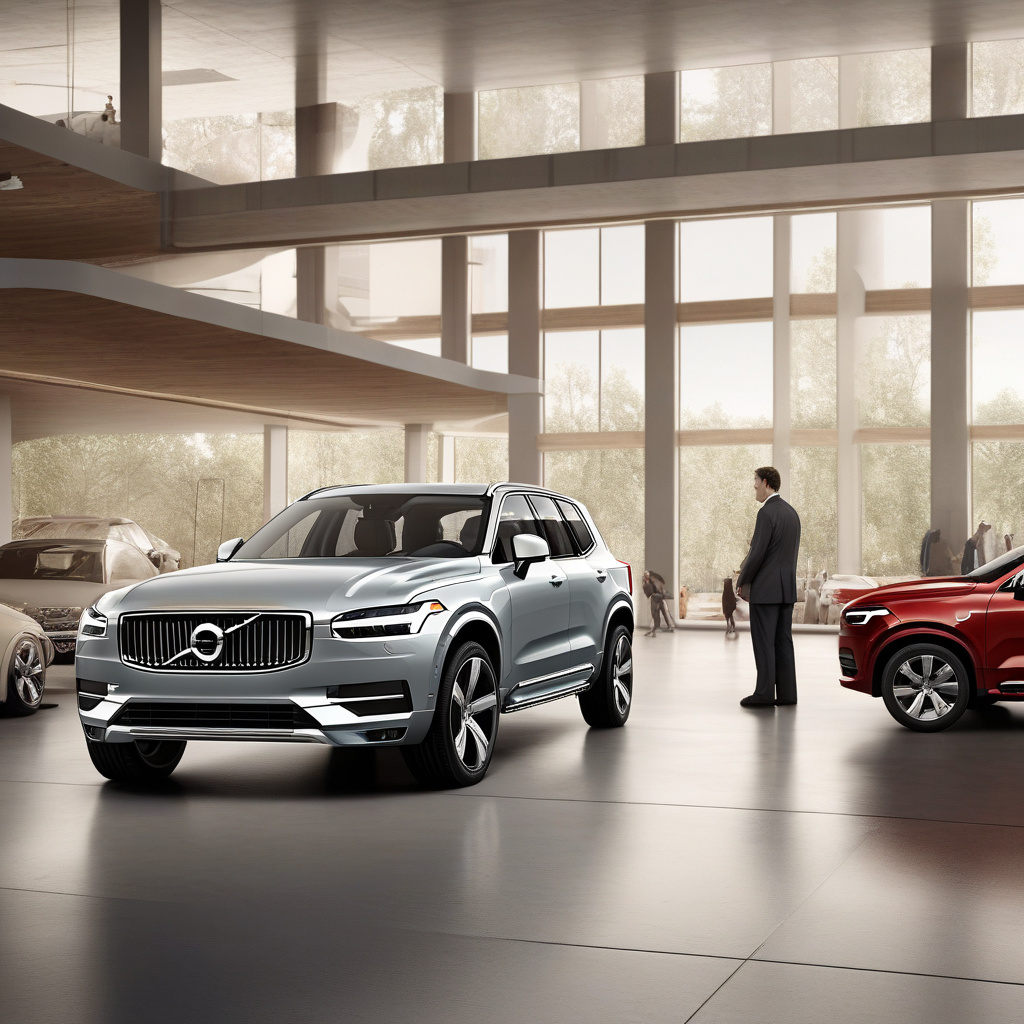How Tariffs Will Impact Car Prices According to Volvo
In the ever-changing landscape of the automotive industry, external factors such as tariffs can have a significant impact on car prices. Recently, Volvo has raised concerns about the potential price hikes that could result from the implementation of tariffs. This announcement has sparked discussions within the industry about the potential implications for both car manufacturers and consumers.
Tariffs are essentially taxes imposed on imported or exported goods and services. They are often used as a tool by governments to protect domestic industries or to address trade imbalances. However, the unintended consequence of tariffs is that they can lead to increased prices for consumers. In the case of the automotive industry, tariffs on imported parts or vehicles can drive up production costs, which are then passed on to the consumer in the form of higher prices.
Volvo, a well-known Swedish car manufacturer, has warned that tariffs could lead to price hikes for their vehicles. The company relies on a global supply chain to manufacture its cars, sourcing parts and components from various countries. If tariffs are imposed on these imports, Volvo would face higher production costs, forcing them to raise prices to maintain profitability.
The potential price hikes resulting from tariffs could have a ripple effect across the entire automotive industry. As Volvo increases its prices, other car manufacturers may follow suit to remain competitive. This domino effect could ultimately lead to higher car prices across the board, impacting consumers who are in the market for a new vehicle.
It’s not just car manufacturers that are concerned about the impact of tariffs on car prices. Dealerships and automotive retailers could also feel the effects of price hikes. Higher car prices could deter potential buyers, leading to a decrease in sales and ultimately affecting the bottom line of businesses within the automotive retail sector.
In addition to the direct impact on car prices, tariffs could also influence consumer behavior. With higher prices, consumers may opt to hold off on purchasing a new car or explore alternative transportation options. This shift in consumer behavior could have long-term implications for the automotive industry, leading to changes in demand and sales patterns.
As the debate around tariffs and their impact on car prices continues, it is clear that the automotive industry is facing a period of uncertainty. Manufacturers like Volvo are bracing themselves for potential price hikes, while consumers are left to navigate the changing landscape of the car market. The ultimate impact of tariffs on car prices remains to be seen, but one thing is certain – the automotive industry is in for a bumpy ride as it grapples with these external challenges.
In conclusion, Volvo’s warning about potential price hikes resulting from tariffs sheds light on the complex relationship between external factors and the automotive industry. As tariffs continue to be a topic of discussion, car manufacturers, dealerships, and consumers alike must be prepared to adapt to a shifting market landscape where prices may be on the rise.
tariffs, car prices, Volvo, automotive industry, consumer behavior
